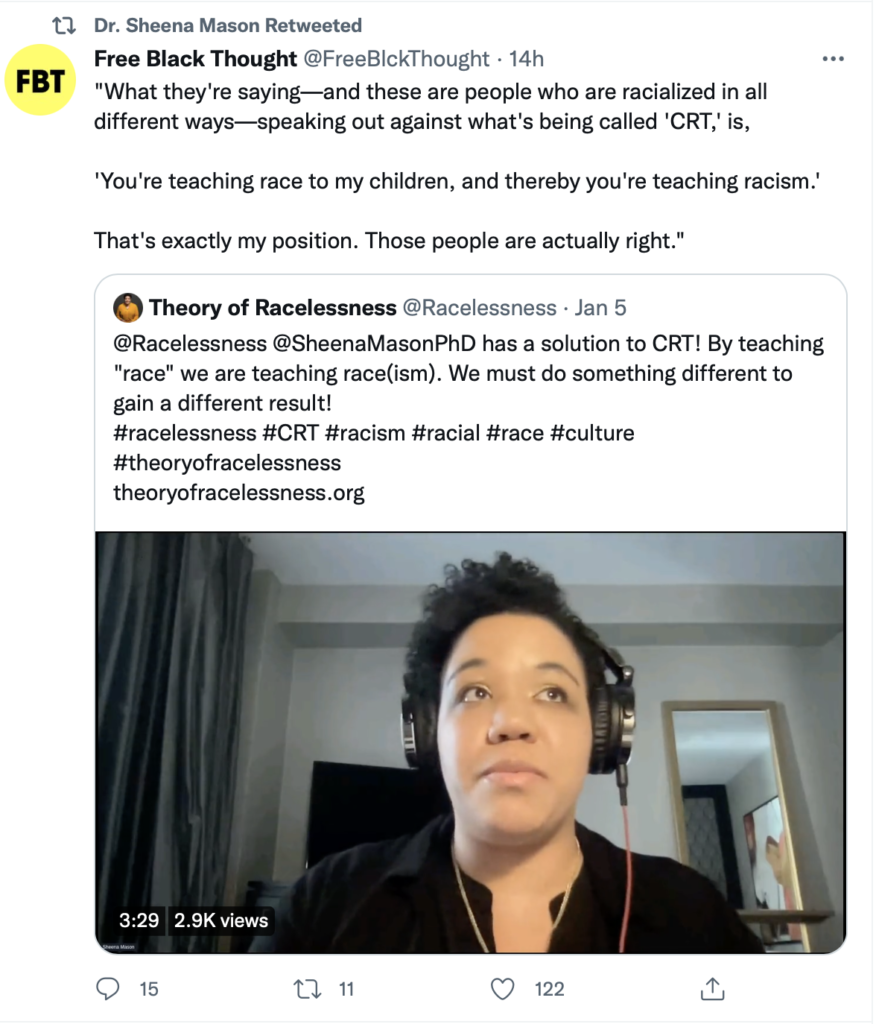Andrew Sullivan: The Political Right’s Ill-Thought Efforts to Fight Illiberal Woke Indoctrination with School Censorship
In response to the illiberal political Left attempts to mangle history, statistics and science in classrooms, we increasingly see the political Right attempting to ban books, courses and ideas in school, often through ill-considered legislation. The ability of children to learn is being damaged by both of these groups. Andrew Sullivan suggests a way forward in his Substack article, "The Right's Ugly War On Woke Schooling: There is a better way to defeat left indoctrination than banning books." Here is an excerpt:
The trouble is that banning courses restricts discourse, and does not expand it. It gives woke racialist theories the sheen of “forbidden knowledge.” It removes the moral high-ground from those seeking to defend liberal learning from ideologues of any variety. And it sets an early lesson for kids that the right response to bad arguments is to gets authorities to suppress them — exactly what the woke believe — and not to marshal arguments that refute them. Greg Lukianoff calls this “unlearning liberty.” If want to end an American education like that, don’t copy it!
And these kinds of laws have to be vague and thereby overreach, or be very specific and permit clever ways to get around them. The woke love manipulating language to deconstruct society. Look how they took the word “racist” and redefined it. Look at how they’ve deployed a word like “equity.” Ban words? They redefine them. Ban courses? They’ll call them something else. If a social justice warrior teacher is teaching genetics, they can always stealthily introduce trans ideology — and only the kids would know.
A better way is to insist that any course or lesson that involves critical theory must include an alternative counterpoint. If you have to teach Nikole Hannah-Jones, add a section on Zora Neale Hurston; for every Kendi tract, add McWhorter; for every Michael Eric Dyson screed, offer a Glenn Loury lecture. Same elsewhere. No gender studies course without a course on biological sex and gender-critical viewpoints. No “queer theory” class without texts from non-leftists, who are not falsifying history or asserting that homosexuality is socially constructed all the way down. This strategy doesn’t ban anything; it adds something. It demands that schools make sure they’re helping kids think for themselves.
If your kid, black or white, is treated differently by a school or a teacher in class because of his or her race, there is already a remedy: the Civil Rights Act of 1964. If your child is forced to sit in a section designated for one oppressive or oppressed race, sue. If your son is told he is inherently toxic because he is a boy, or straight, sue. If an Asian or white kid is told she bears responsibility for the long effects of slavery because of her race, sue. This way, we are not banning anything, and we are defending civil rights.
Then we need transparency. Public schools should have their curricula and lesson plans posted online. And no state public school funds should be spent on the equity industrial complex: defund equity consultants, DEI conferences and struggle sessions for either teachers or students. If teachers want to bone up on Judith Butler or Robin DiAngelo, they can do it on their own dime. If this sounds harsh, so be it. Critical theory should be treated more like creationism in public schools than scholarship: an unfalsifiable form of religion, preferably banned outright, but if not, always accompanied by Darwin.

